Air dry vs dryer — what's the best way to dry your clothes?
Here’s the pros and cons
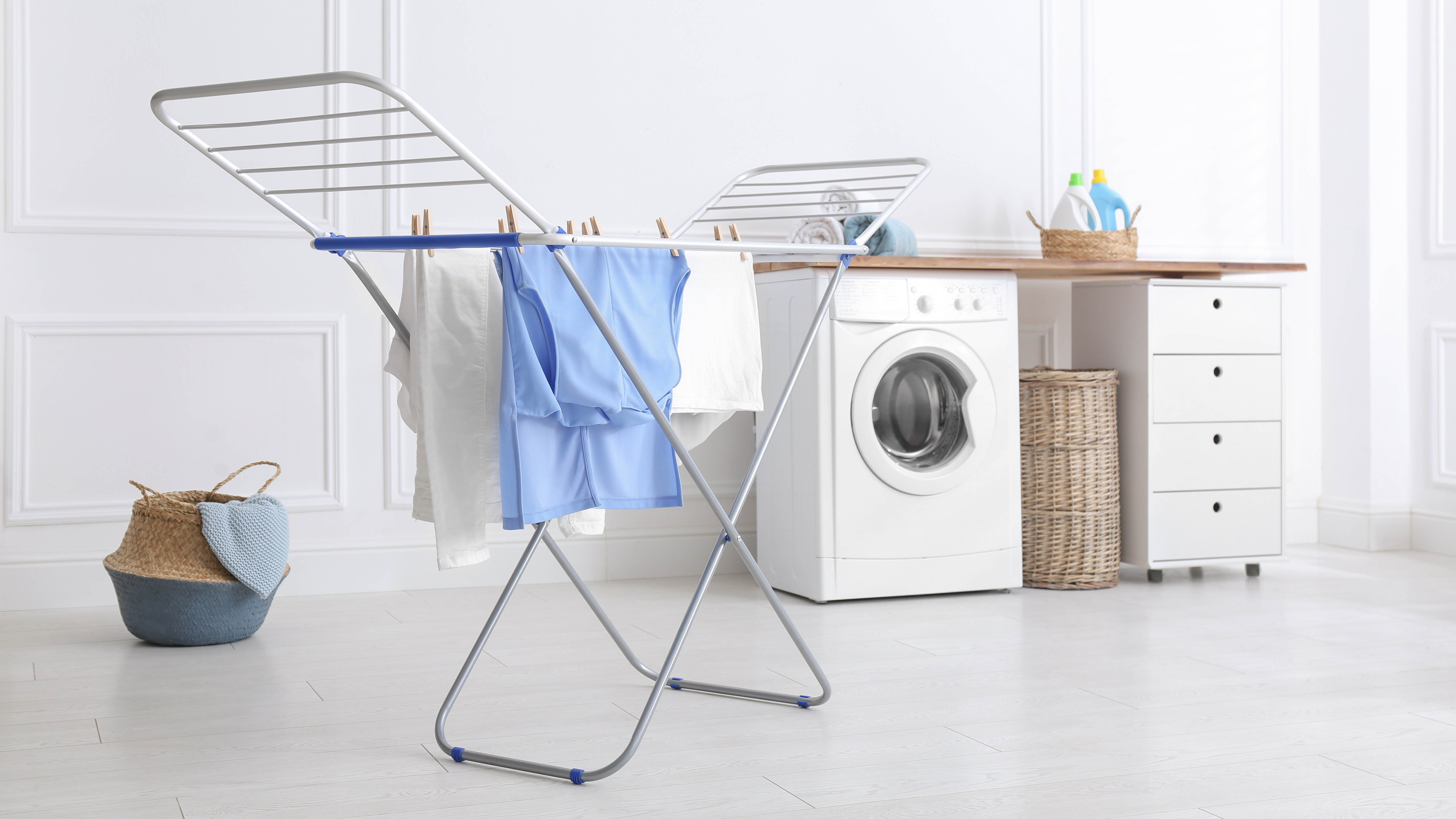
Once the laundry emerges from one of the best washing machines, you have a few options available to you. You can either rely on one of the best clothes dryers to do the work for you, leaving your clothes dry and ready to wear within a few hours, or you can hang the clothes to air dry yourself in the traditional sense.
But, which is actually the better method when it comes to drying your clothes?
Here, we will break down the differences between a clothes dryer and a clothes rack dryer, so you can decide for yourself. We will look into the benefits of each, considering energy consumption and convenience as well as the effect on your clothes. So by the time you’re finished reading, you will know how best to dry your laundry.
If you want to rely on your clothes dryer a little less, here’s 8 ways to ditch the clothes dryer and save on energy. Or if you're set on buying a clothes dryer, check out 9 things to look for when buying a clothes dryer.
The pros of using a clothes dryer
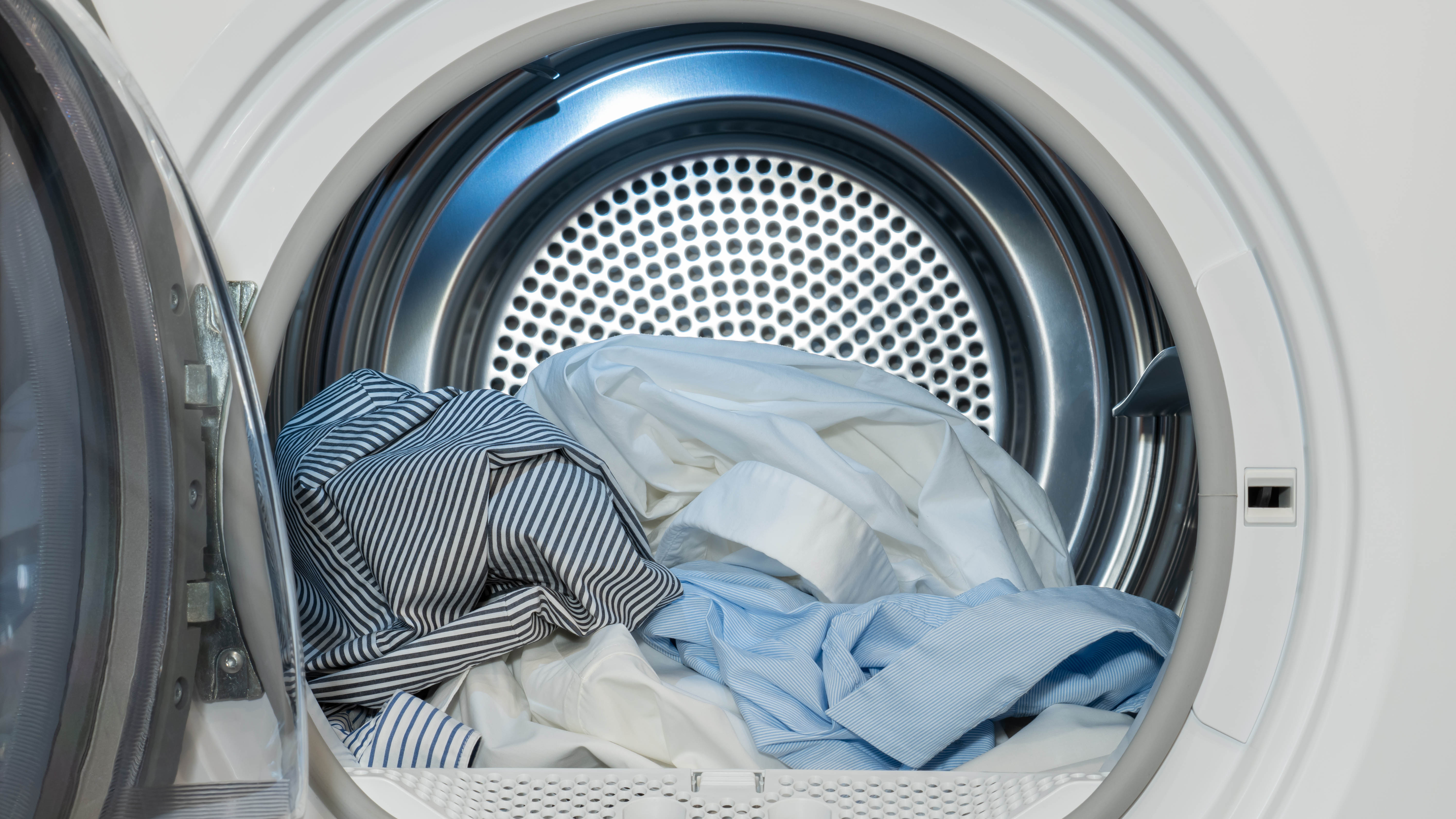
- Convenient — The biggest selling point for clothes dryers is the convenience. As soon as your laundry has finished in the washing machine, it can be loaded straight into the clothes dryer. So long as you don’t breach the capacity of your dryer, the full load can go in once it’s been separated.
- Fast — A clothes dryer is also faster versus hanging the items up to dry. The time can vary depending on the size of the load, the material and the model in question, but generally a full load should be dry within a few hours.
- Softens your laundry — As the items inside your dryer tumble, they collide with each other as well as the drum walls. This agitation prevents the fibers from sticking together during the drying process. Any water also evaporates quickly and evenly as the clothes move. This ultimately makes the clothes feel soft once they emerge.
- Takes up less space in your home — This one might surprise you, but when you compare a permanently situated appliance with a bulky and awkward clothes rack dryer, the first is definitely preferable. A clothes dryer has a permanent space in your home, and so won't get in the way while it’s at work.
- Dedicated settings — Some clothes dryers come with dedicated settings to suit the items you’re drying, such as delicates, sportswear, bedding etc. In using these, the items are receiving the most appropriate heat and time settings, ensuring they dry quickly, as well as safely, without shrinking or incurring damage.
The cons of using a clothes dryer
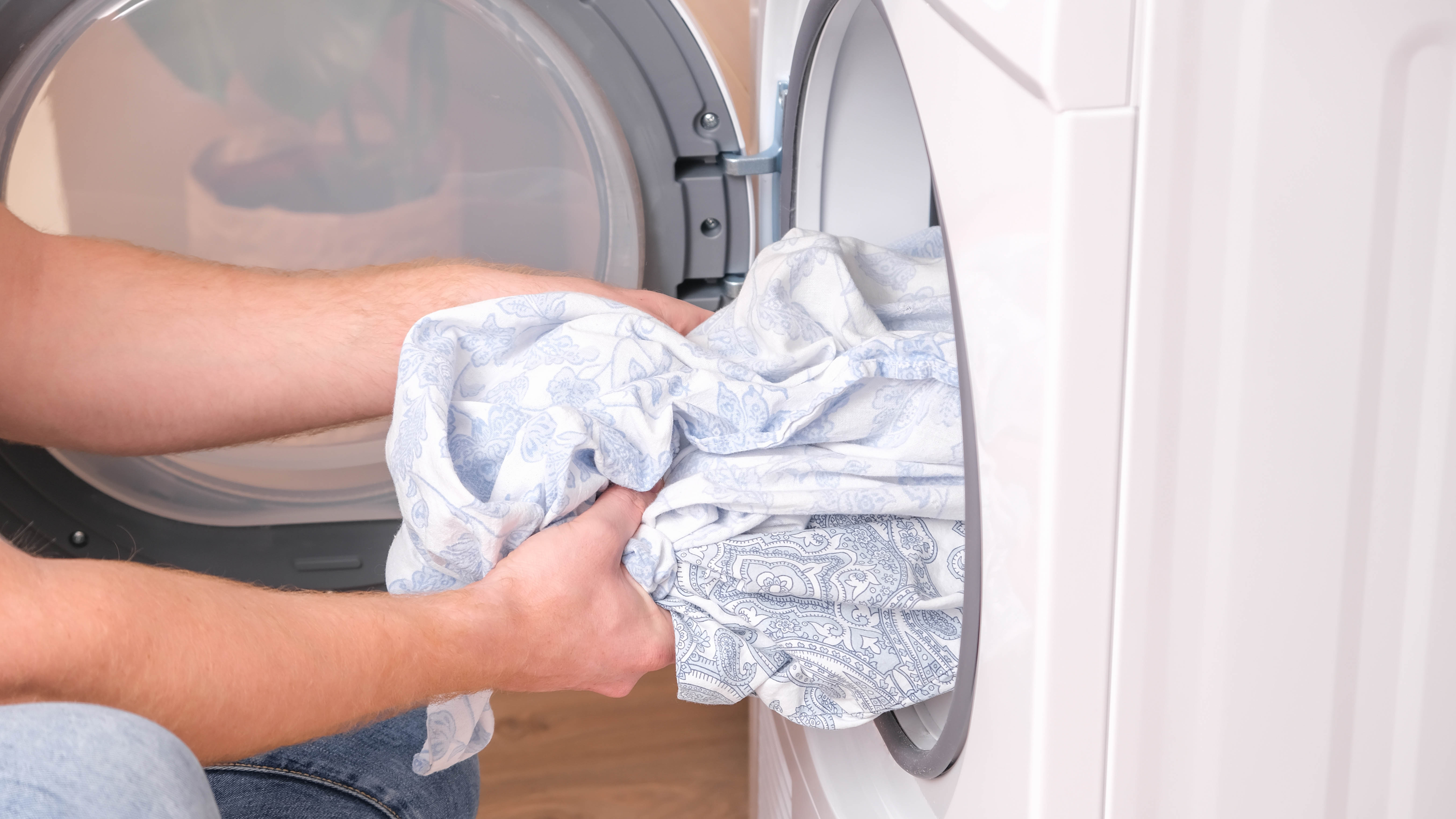
- Costs energy — The biggest drawback to using a clothes dryer is the energy consumption. Clothes dryers cost more than you’d think to run. The final price depends on the model, the run time and your energy tariff. But, according to research by Eco Cost Savings, you’re looking to spend about 29 cents a load in your average dryer, with energy-efficient dryers costing as little as 7 cents.
- Items often don’t dry fully or evenly — Unless you force the items to dry via a timed setting, clothes dryers will often leave the load feeling slightly damp when finished, or uneven in places. This is usually the case where sensors are used to detect the moisture levels of the drum. It’s preferential to over-drying the laundry and damaging the clothes, but it is a nuisance if you want to wear the item immediately and need to keep throwing it back in the dryer to get an even finish.
- Can create static — While the items in your dryer will soften as they make contact with one another, they will unfortunately also create a static charge. This often happens when synthetic items are dried. Although, you can reduce the static by adding 1/2 cup of distilled white vinegar to the rinse cycle of your washer. This will act like fabric softener and reduce residual static.
- Loud in use — Not to state the obvious, but running a clothes dryer will create noise in your home too. If you’ve got guests coming over, you might not want it overpowering conversation. When shopping for a dryer, try to find a model with vibration reduction to reduce noise.
- Can damage laundry — One of the biggest issues we’ve all likely faced is damaged items in the clothes dryer. This can easily happen when the load is over-dried — either the material ends up feeling stiff and ‘crispy’ or the item has shrunk in size, ruining it completely, unless you know how to unshrink a sweater. Sensory settings have made this problem less likely, but if you use a manual timed setting, or throw in one of these 10 Things you should never put in the dryer, damage can still happen.
- Can create wrinkles — While heat will technically loosen the fibers in your clothes as they dry, clothes dryers will unfortunately tangle the load as it rotates, which can create a lot of wrinkles. Although, we have found 7 ways to prevent your clothes from tangling in the clothes dryer.
- Not environmentally friendly — A clothes dryer requires energy to run, and as such it contributes to greenhouse gas emissions. These also vent a lot of carbon dioxide as they work as well, aiding climate change. We would recommend opting for an Energy Star certified clothes dryer to guarantee efficiency. Skip using dryer sheets as well — these usually won’t biodegrade, and may contain Volatile Organic Compounds which are released into the atmosphere.
The pros of air drying with a clothes rack
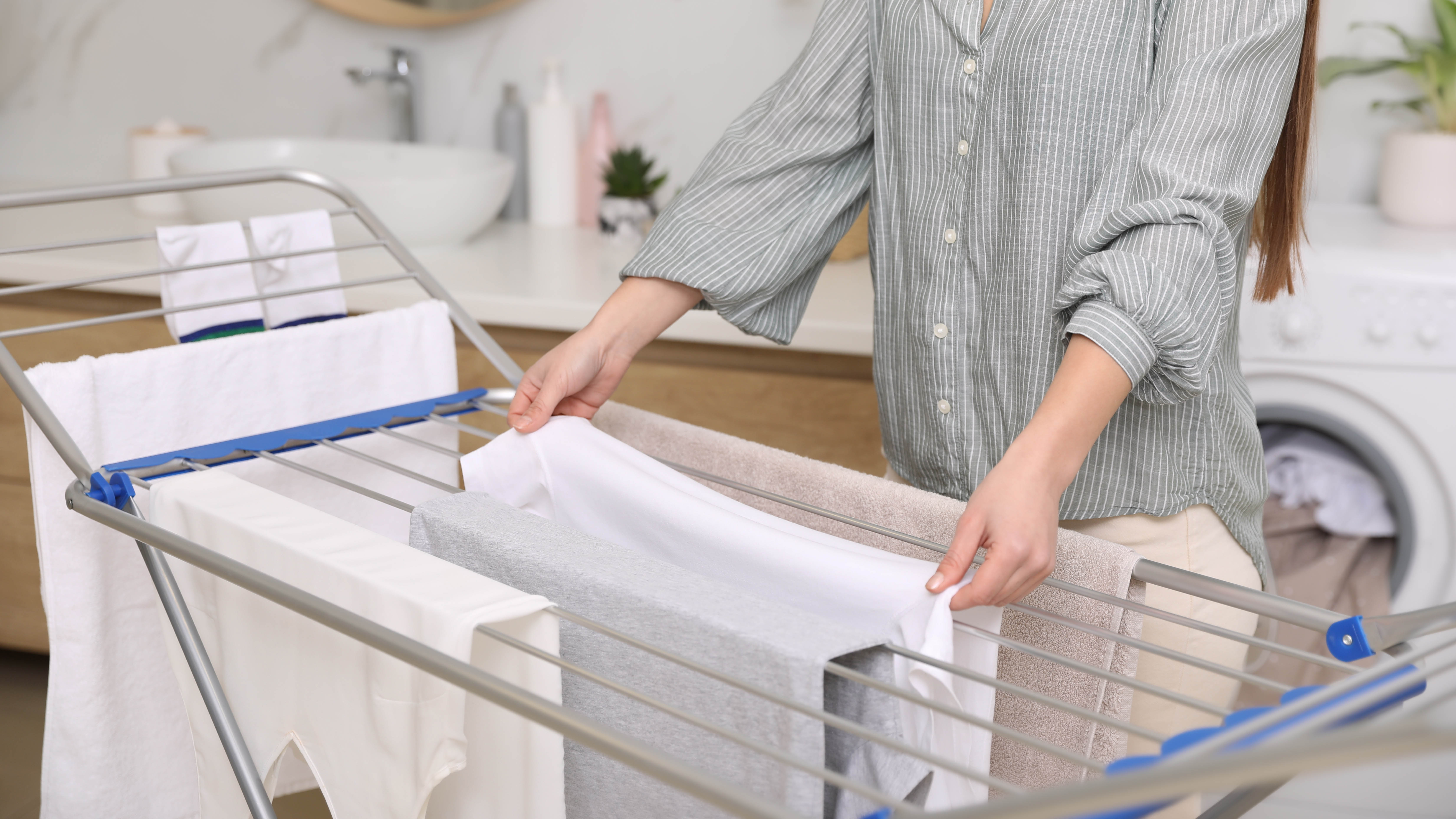
- Costs nothing to dry — Unless you use a heated clothes rack dryer, hanging your clothes out to air dry costs nothing, which can generate some impressive savings on your energy bill versus using a clothes dryer.
- Items dry flat — So long as you shake and spread the items when you hang them out to air dry, they will dry flat, lessening the appearance of wrinkles. If dried in or near a room which generates a lot of steam, such as a kitchen or bathroom, this can help loosen up wrinkles as well.
- No risk of damage — Unlike the clothes dryer, there’s very little risk of damage when you hang your clothes out to air dry. If you hang your clothes outside with wooden pegs, you might want to check the pegs won't damage or stretch the material where it’s clipped. Otherwise, a clothes rack dryer is best for delicate items.
- Quiet — There’s no tumbling or vibration when you use a clothes rack dryer. It will silently and gradually get to work without disturbing your day. Although if you opt for a heated clothes rack dryer, this may make a small noise as it heats.
- Better for the environment — A clothes rack dryer is the better option if you care about the environment. Clothes dryers emit a lot of carbon dioxide as they work. Add to that, they’re contributing to greenhouse gas emissions through the energy required to dry the clothes. Dryer sheets aren’t great news for the environment either. With a clothes rack dryer, you’re not getting any of that.
The cons of air drying with a clothes rack
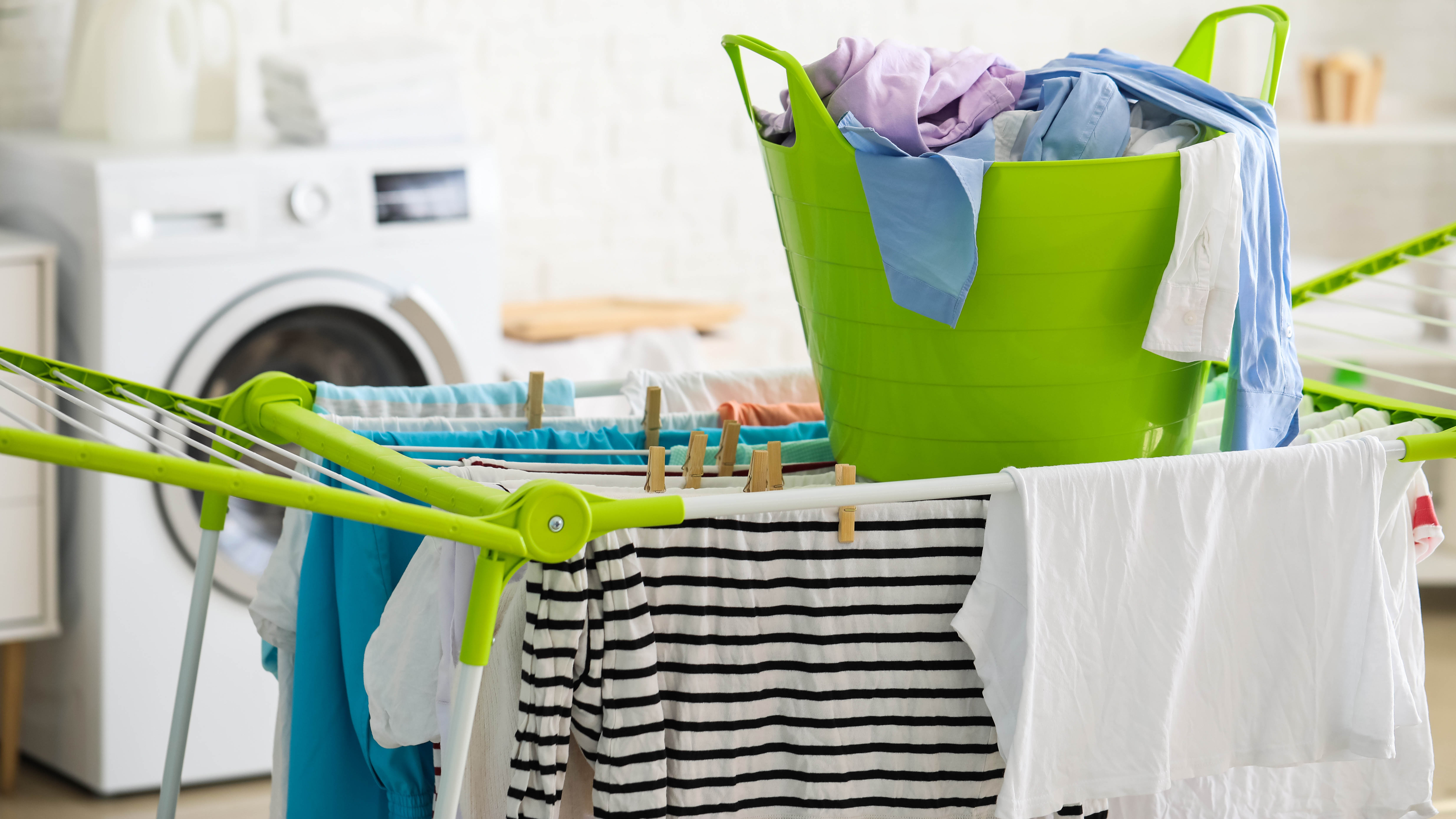
- Labor involved — Hanging up wet laundry will always take longer than we assume. If you don’t agree with this, you’re likely not hanging it properly! Each item needs to be shaken and spread with a distance between other items so the air can circulate. There’s also the effort of taking it down once it’s dried as well as collapsing and storing the clothes rack dryer to consider.
- Takes up space in your home — If you air dry your clothes indoors, your clothes rack dryer can take up a substantial amount of space. It’s quite awkward to get around if you have a winged design, not to mention, you need a dedicated space to hide it once it’s collapsed as well. If you hang your clothes to dry outside, you can avoid this problem.
- Can take a long time — A clothes rack dryer will take longer to dry versus a clothes dryer. It doesn’t have the heat that a clothes dryer does to evaporate the water so quickly. Drying manually will likely take around two days by comparison, although you can speed up the process with the help of the sun if it’s out.
- Releases residual moisture indoors — If you’re hanging your clothes to dry indoors, make sure there’s adequate ventilation. As your clothes dry, they will release moisture into the atmosphere, and if this isn’t allowed to escape it can end up encouraging mold in your home. If you’ve already noticed this problem, be sure to check out how to get rid of mold.
- Items can dry hard/rough — If you hang your towels out to air dry, rather than using the clothes dryer, you might notice they feel a lot rougher and stiffer. This is because the drying process is much slower and there’s no agitation to loosen the fibers.
Verdict
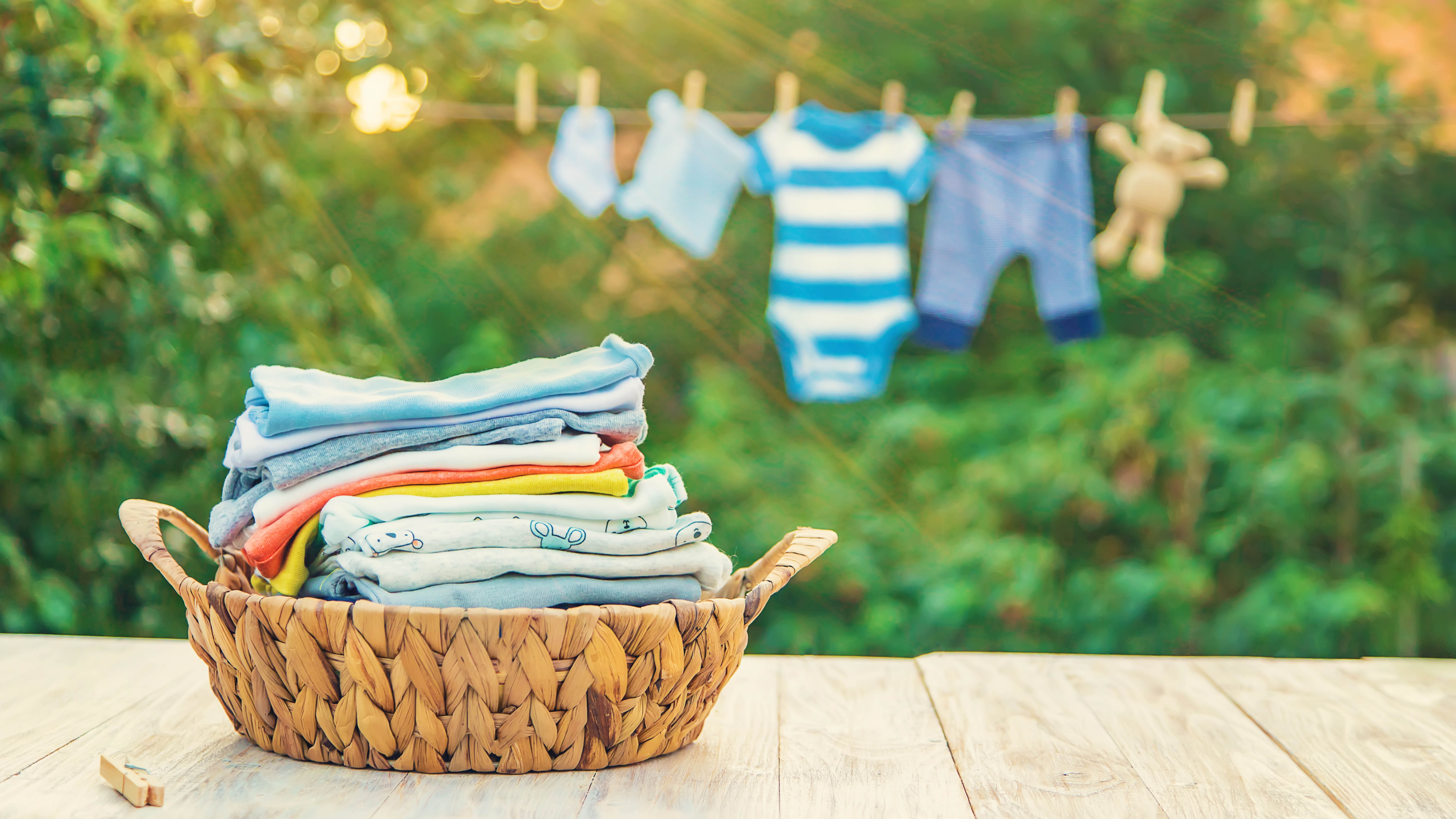
Ultimately, the right option for you will depend on your preferences, as well as your time and budget. A clothes dryer is naturally more convenient, but it will cost more to run in terms of energy, plus it can end up damaging items if care isn’t taken. On top of this, it’s no friend of the environment.
Air drying with a clothes rack dryer, on the other hand, will take more of your time, and may be awkward to have at home, depending on the available space. But, it won’t cost you a cent to use and it's the much more sustainable option. The decision between the two is down to you, but personally I prefer to use a clothes rack dryer simply for its being the more eco-friendly option. For more tips on this, check out how to make your laundry room more eco-friendly.
More from Tom's Guide
- I test appliances for a living — here are my top 9 clothes dryer tips
- How to make your clothes dryer last longer — and perform better
- How to clean a dryer vent and how often you should do it
Get instant access to breaking news, the hottest reviews, great deals and helpful tips.

Katie Mortram used to be a Homes Editor for Tom's Guide, where she oversaw everything from kitchen appliances to gardening tools, as well as smart home tech. Specializing in providing expert advice for cleaning and home manintenance, she now works as Household Advice Editor for Good Housekeeping.
 Club Benefits
Club Benefits





